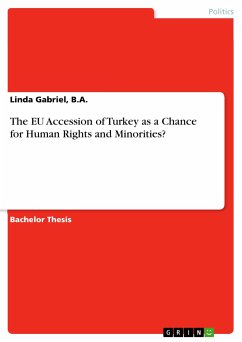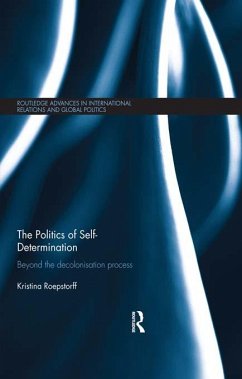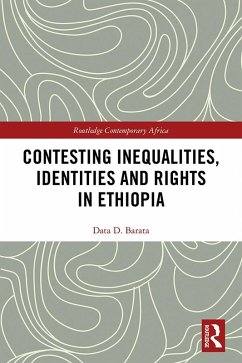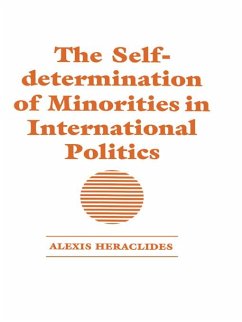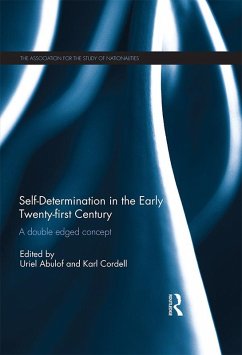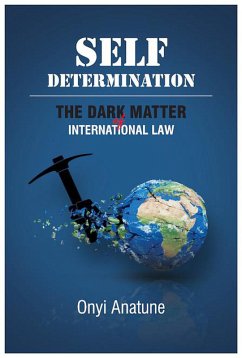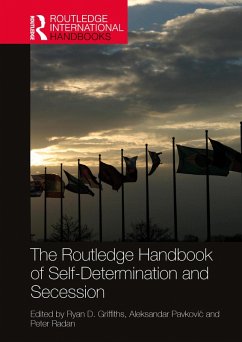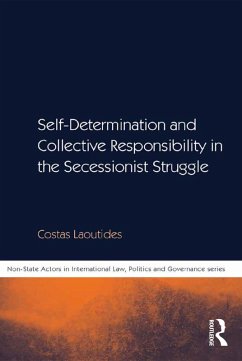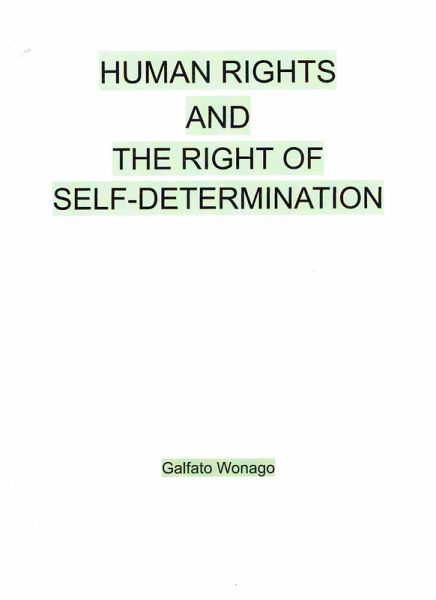
Human Rights And The Right Of Self-Determination (eBook, ePUB)

PAYBACK Punkte
0 °P sammeln!
This eBook reflects on the major events that took place in Ethiopia between 1974 and 1991 and the impact of the 1995 constitution of Ethiopia on human rights in the country. The book focuses on the following basic question: considering the 1974 Ethiopian revolution was in response to the injustices committed by the Haile Selassie's regime, should the new system seek to protect each individual human being because s/he is worthy of protection by virtue of being human or it should seek to protect an individual because s/he belongs to a particular ethnic/racial group? In other words, what is the v...
This eBook reflects on the major events that took place in Ethiopia between 1974 and 1991 and the impact of the 1995 constitution of Ethiopia on human rights in the country. The book focuses on the following basic question: considering the 1974 Ethiopian revolution was in response to the injustices committed by the Haile Selassie's regime, should the new system seek to protect each individual human being because s/he is worthy of protection by virtue of being human or it should seek to protect an individual because s/he belongs to a particular ethnic/racial group? In other words, what is the value of "the right of self-determination" where ethnic/racial othering, that is to say, ethnic cleansing is a constitutional right? Chapters I, II, and III present a brief overview of the key events between 1974 and 1991;chapters IV and V present some important instruments and background information on the notion of self-determination; chapters VI-IX present two different interpretations of the right of self-determination and implications associated with the implementations of each interpretation; chapters X and XI deal with the notion of rights and state legitimacy; chapters XII-XV explore the idea of ethnic/racial homogeneity as a foundation of the legitimacy of the modern state; chapter XVI examines the colonial thesis in the Ethiopian context; chapter XVII distinguishes "people" and "nation"; chapter XVIII is an overview of the 1995 Ethiopian constitution; and in chapter XIX I pull all components of my argument together and state clearly why I contend that the principle of ethnonational self-determination, along with the 1995 constitution of Ethiopia, must be unequivocally rejected and propose an alternative way forward.
Dieser Download kann aus rechtlichen Gründen nur mit Rechnungsadresse in A, B, BG, CY, CZ, D, DK, EW, E, FIN, F, GR, HR, H, IRL, I, LT, L, LR, M, NL, PL, P, R, S, SLO, SK ausgeliefert werden.




